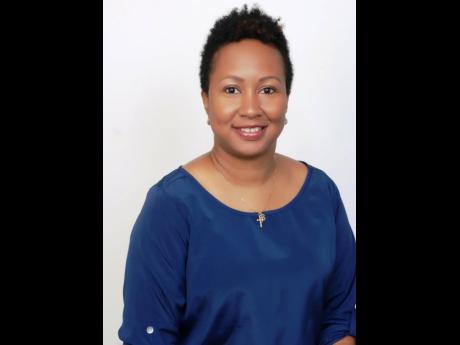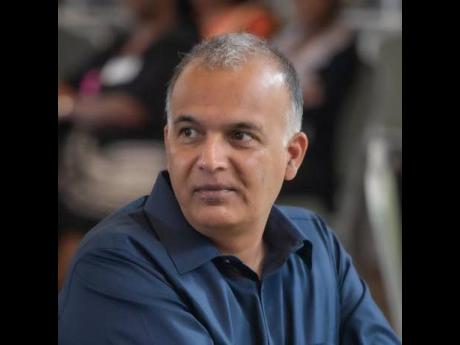Humanities is the future
“Employers prefer humanities graduates,” said Nicole Plummer, associate dean for marketing and outreach in the Faculty of Humanities and Education at The University of the West Indies, Mona. She added with strong conviction that the faculty was equipped and ready to address the demands that are being presented, especially in the post-COVID-19 world.
Her enthusiasm is buoyed by the fact that there is a conscientious thrust to explore the possibilities of the orange economy - the term for the cultural and creative industries.
“Jamaica is well known for its creative industries,” Plummer said. She cited the Creative Economy Report (2010) published under the auspices of the United Nations, which stressed that Jamaica should place more emphasis on reggae, film, and other creative pursuits to boost the economy.
“The report highlighted that though other areas struggled, in the cultural and creative industries, Jamaica earned a trade surplus of US$6 million, and over the last eight or so years, the cultural and creative industries have continued to grow and contribute almost three per cent of the island’s GDP.
“The only shortcoming is that as an island that keeps stressing STEM and business, there are not enough skilled individuals to expand the industry,” Plummer said. “The faculty is doing as much as it can to fill this gap through its programmes that combine practice and theory with multi- and interdisciplinarity.”
She said that opportunities in the humanities are wide and varied and include areas that would appeal to any individual, from linguists for films, screen and script writers, language specialists, editors, and proofreaders to publishing consultants, artiste managers, film producers, casting agents, and researchers – the list goes on.
Plummer was speaking at the Humanities Virtual Roadshow: Pandemic-Proof Careers in the Humanities event on September 24.
HANDS-ON
“The faculty is not a read-it-and-write-it place; we are hands-on,” she said. “Several of our programmes offer skills training, internship and employment opportunities for students.”
The Caribbean School of Media and Communication (CARIMAC) offers BFAs in animation and film production and BAs in digital media production, integrated marketing communication, and journalism. The Institute of Caribbean Studies offers BAs in entertainment and cultural enterprise management and music and performance studies, and the Department of Library and Information Studies courses include BAs in information studies and librarianship.
Studying humanities, according to her, is not mundane and theory-driven, as it is broadly perceived. The opportunities for exploring one’s creative acumen are many.
“In this new international economy, flexibility is prized,” Plummer said. “As a result, students who pursue interdisciplinary and multidisciplinary programmes are prized. Why do psychology alone when you can do psychology, literature, and history?”
She said that in Jamaica and, by extension, the broader Caribbean, humanities graduates can obtain employment in a range of public and private entities, from animation studios, educational institutions, embassies, fashion houses, film studios, and government ministries to human-rights and lobby groups, law firms, local and international consultancies, research companies, and media houses in print, radio, and television, among others.
“With a degree from the Faculty of Humanities and Education, students are equipped to pursue various careers,” Plummer said.
She sought to address some theories that humanities should or may be the “last resort if everything else fails”. The choice of an area of one’s study and the subsequent career that one pursues is a personal choice and depends on the aptitude of an individual. There are opportunities within the humanities to explore the creative and the rational acumen, the left-brain analytical and methodical thinking, or the creative and artistic right side of the brain.
Plummer is calling on students to explore the possibilities in the humanities. “We are flexible and will take students with science and business backgrounds,” she said.
The key takeaway in all of this, Plummer said: “Humanities and education is where the future lives.”
Get in touch with the Faculty of Humanities and Education:
Instagram: humanities_education_mona
Email: fhe@uwimona.edu.jm; fhe.uwi@gmail.com
Website: http://www.mona.uwi.edu/humed/
Phone: (876) 977-3659, (876) 970-1666 Ext. 2365, 2181



